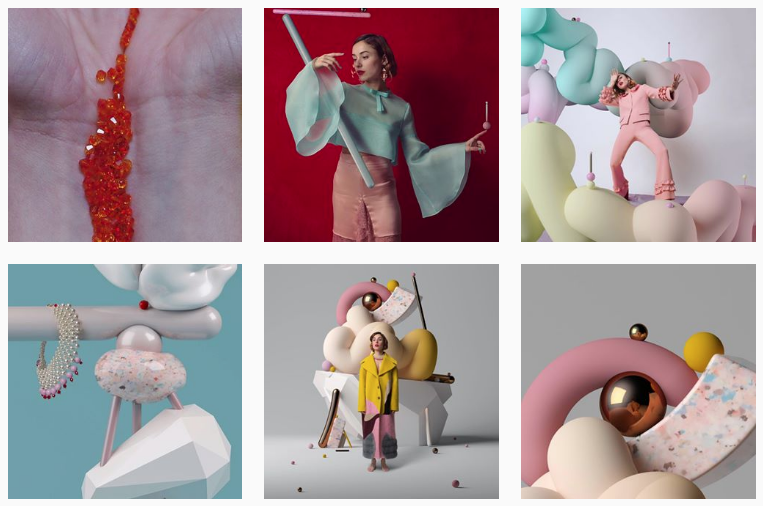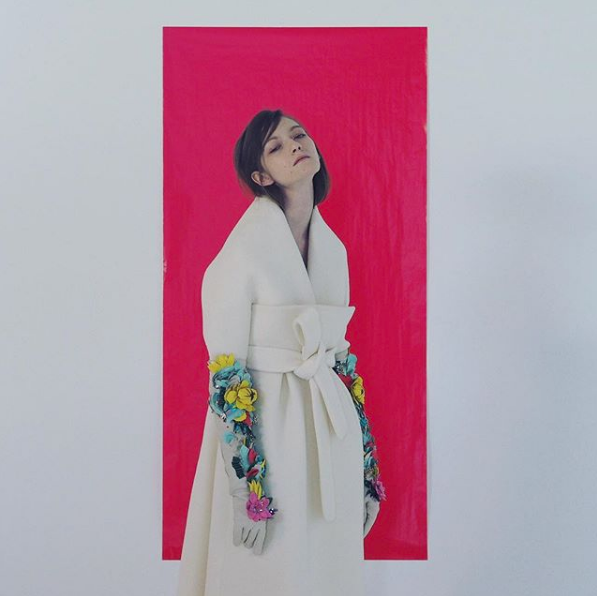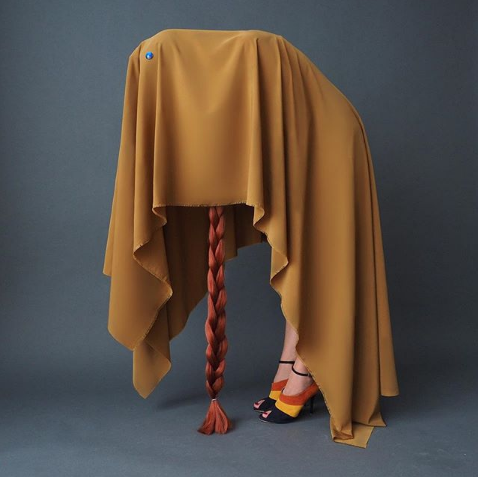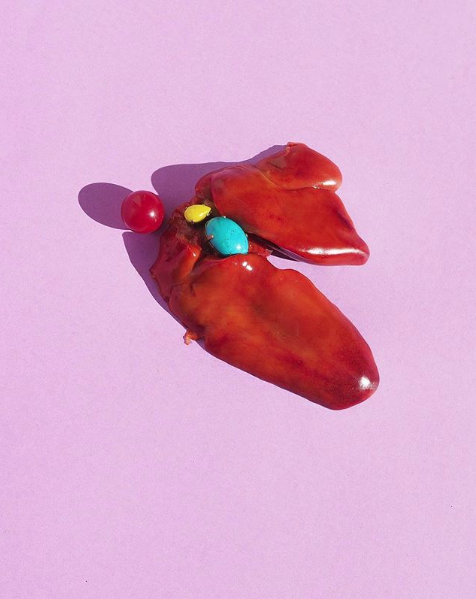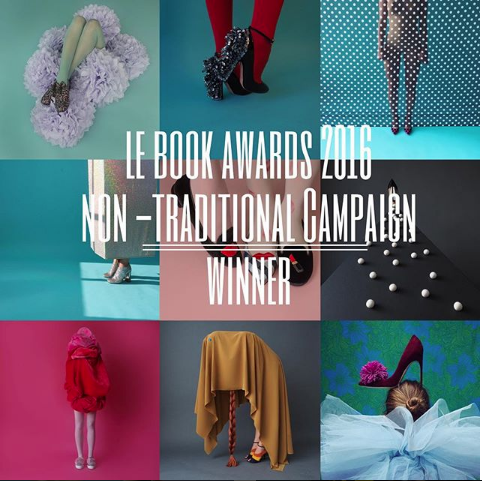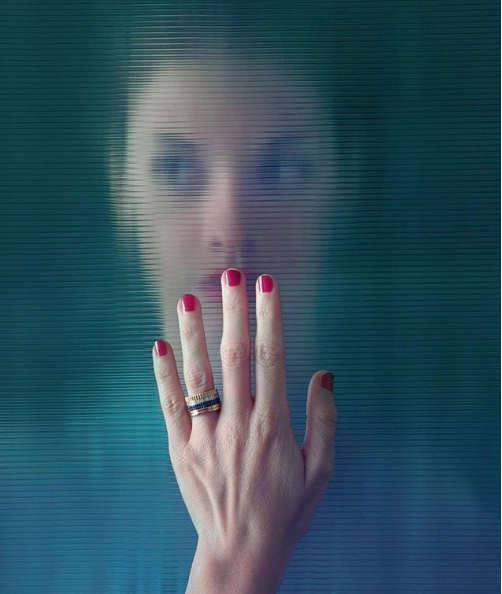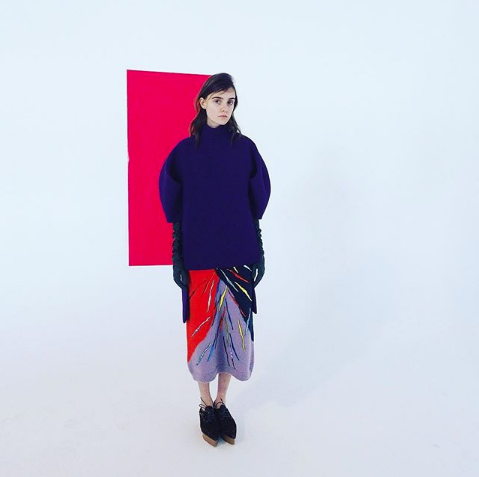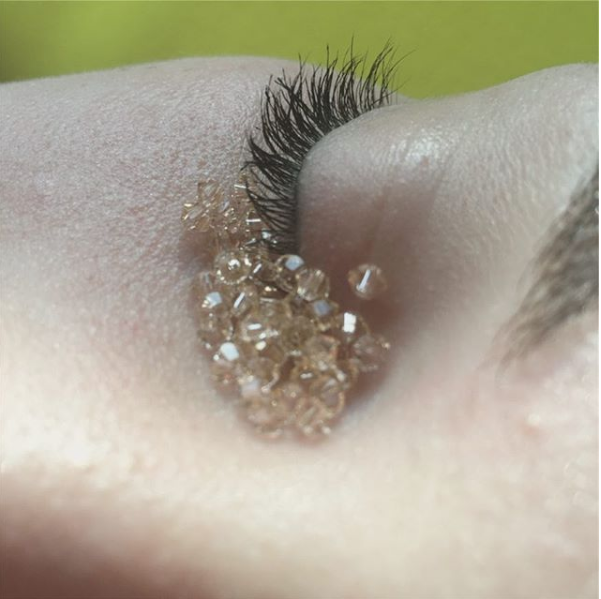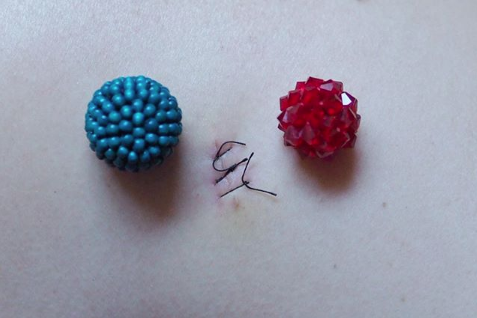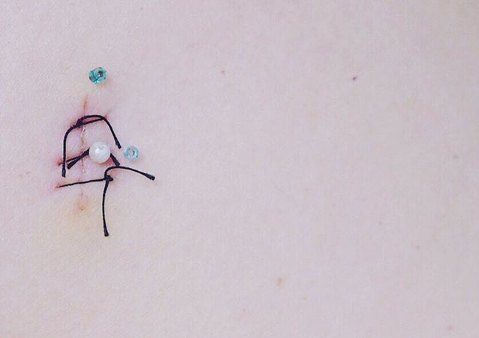Meet Isabel Martinez: Award-winning Creative Director & Photographer, Social Media Influencer and LAFFF Juror
is an award-winning Creative Director & Photographer and Social Media Influencer who has collaborated with international brands such as Dior, Hermès, Kenzo, Tiffany & Co, Coach, & Other Stories, Sony, Viktor & Rolf, Boucheron, Delpozo, and The Moscow Ballet. It is an honour to have her on the LAFFF Jury, where her creative insights add a unique voice to the mix.
A native of Barcelona, Isabel was recently honored for Best Social Content in Art & Culture in the 22nd Annual Webby Awards. She was the only individual to achieve this recognition in the category. The other honorees are two of the most prestigious cultural institutions in the world: The Metropolitan Museum of Art and the Los Angeles County Museum of Art (LACMA). Hailed as the "Internet's highest honor" by The New York Times, The Webby Awards—presented by the International Academy of Digital Arts and Sciences (IADAS)—is the leading international awards organization honoring excellence on the Internet.
Having amassed a following of over 700,000 followers on her Instagram account @isabelitavirtual in just a few short years, Isabel proves you can stand out on social media by focusing the spotlight on your creative efforts and initiatives without posting a single selfie in the process.
We had an email chat with Isabel to pick her brain on the power of Instagram and the role fashion films play in promoting inclusion.
Q: What do you love most about Instagram?
A: Instagram is a lot of things, but for me, the most important aspect about it is its incredible ability to empower people by allowing us to express ourselves and connect with like-minded individuals. It’s a powerful tool to exhibit our work. The algorithm can make it difficult to find new talent, but emerging talent is there to be found.
Q: Your ‘no-selfie approach’ to your Instagram posts is a refreshing take, in an age where social media seems to be contributing to the often unrealistic standards of beauty that women, in particular, are constantly subjected to. What are your feelings on this?
A: Having an online presence can impact how we are understood through the way we choose to present ourselves to the world, the way we want to be perceived, and the way we perceive others. All of us are building our identities on social media; we live in a selfie era, but there is also a very important group of people showing their creative work and style on social media. While I see images focusing on the female body as a form of self-expression and I’m happy to see women embrace feminism, I personally don’t feel the need to do it.
(In May 2017, Isabel carried out an Instagram project entitled "Virtual_Soul", where she invited 12 artists who follow her on Instagram—most of whom have never met her in real life—to create portraits of her based on the content she shares on her account. The varied results captured different sides of her creative spirit, which was quite fascinating.)
Q: Fashion films are so diverse in format and content—what are a few of your favourites and why?
A: Fashion films, as any other film, should have a concept and points of interest beyond the aesthetic, which is obviously an important part. One of my favourite ones is the very first fashion film, Mode in France, as well as Who Are You, Polly Maggoo? I love the irony of Klein, also Grey Gardens, which is a documentary but full of sense in terms of style and personality.
Q: In your opinion, what is the most important role fashion films play in shaping consumer perception and behaviour?
A: To transform the conversation about fashion into meaningful narratives and a way of expression beyond the garments. When referring to brands, fashion films have the ability to create a more complex universe with different layers.
Q: What are your favourite type of films and why?
A: The ones that stay with me after the end. My all-time favourite films include Superman II, Eyes Wide Shut, and The Lobster.
Q: What advice would you give to aspiring fashion filmmakers looking to make their mark on the world?
A: DO THINGS. Have fun and believe in yourself, no matter what.
Q: In what way do you think fashion films could evolve to better facilitate inclusion in our current times?
A: By reflecting human diversity. Whenever possible, fashion films should focus on topics and use materials that reflect contributions and perspectives from groups that have been historically under-represented in the field. Minimising stereotypes and fostering a growth mindset is also important.
The State, public and private institutions should also step up their efforts in promoting inclusion with better funding to help shape this cultural and behavioral shift.
